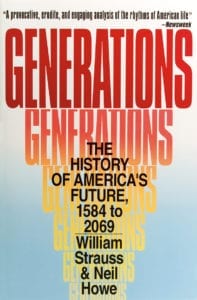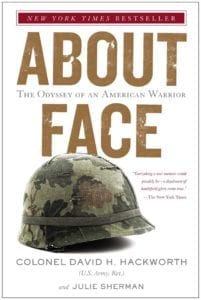The Republic
My Thoughts
Is it more profitable or advantageous to be just or unjust? That is the question. Or at least the main question in The Republic. Plato writes in the Socratic Method of question and answer describing a scene between Socrates and others that delves into the nature of justice and injustice both at the personal and state level. The Republic is an interesting look into the nature of happiness, good governance, and life after death.
Socrates’ (through Plato) contention is that it is more profitable and advantageous to be just rather than unjust. This is stated in book 1 (chapter 1) and the next 9 books (chapters) give reasons why this is so. Book 2 delves into the founding of cities and how cities become just or unjust. Throughout the book, there is a clear sense that cities are made of individuals. Cities are just/unjust to the level that individuals are just/unjust.
The Republic is fascinating. It’s the most intellectually-stimulating book so far from the Books of Titans reading list. It also digs into some difficult topics, such as banning certain books, borderline eugenics, sending children to war to view from the sidelines, and the very slippery slope of democracy leading to tyranny. The Republic also contains the famous allegory of The Cave, of prisoners who only see the shadow of things. I remember reading this in college.
There are a number of common themes in The Republic that have shown up in the other Books of Titans books. I was rather surprised to see some of these in a book written in 380BC. The first is specialization. Plato said that it is best for people to specialize in a given field or job for the main purpose of being able to have margin to take advantage of opportunities. If one is too busy being the jack of all trades, that person will miss unique opportunities available to those who focus. Peter Drucker wrote extensively about specialization in The Effective Executive.
A second idea is the importance of someone’s entire life. Greatness may be measured by a single act of valor, but those acts don’t come out of nowhere. This gets into the area of daily habits and a consideration of everyday decisions. Plato presents a clear choice between just and unjust acts and how there needs to be a higher purpose in doing just acts. If just acts are done for honor, it’s not from a true motive. Likewise, unjust people can manipulate circumstances so as to appear just. The final chapter deals with an afterlife in a discussion of the soul. The soul lives on and there will be a final judgement by the “gods.” Nothing will go unnoticed. A just life may not see rewards on earth but will in the afterlife. This theme of living the whole life well has shown up in Natural Born Heroes and The Things They Carried.
My favorite part of this book was the discussion about the founding of a city/state. I’ve never really thought about what one would do to form a society from scratch. I know our founders thought about this and I’m sure The Republic was on their reading list (the Books of Founders, ha).
Maria Popova suggested this book in Books of Titans. Here is what she said about the book when asked if she could guarantee that every public official or leader read one book:
“The book would be, rather obviously, Plato’s The Republic. I’m actually gobsmacked that this isn’t required in order to be sworn into office, like the Constitution is required for us American immigrants when it comes time to gain American citizenship.”
I agree. It should also be required reading in school. It’s meaty and you’ll need to chew on it for a while, but it will challenge your ideas on a well-lived life, leadership qualities, the proper role of government, and the pursuit of truth.



